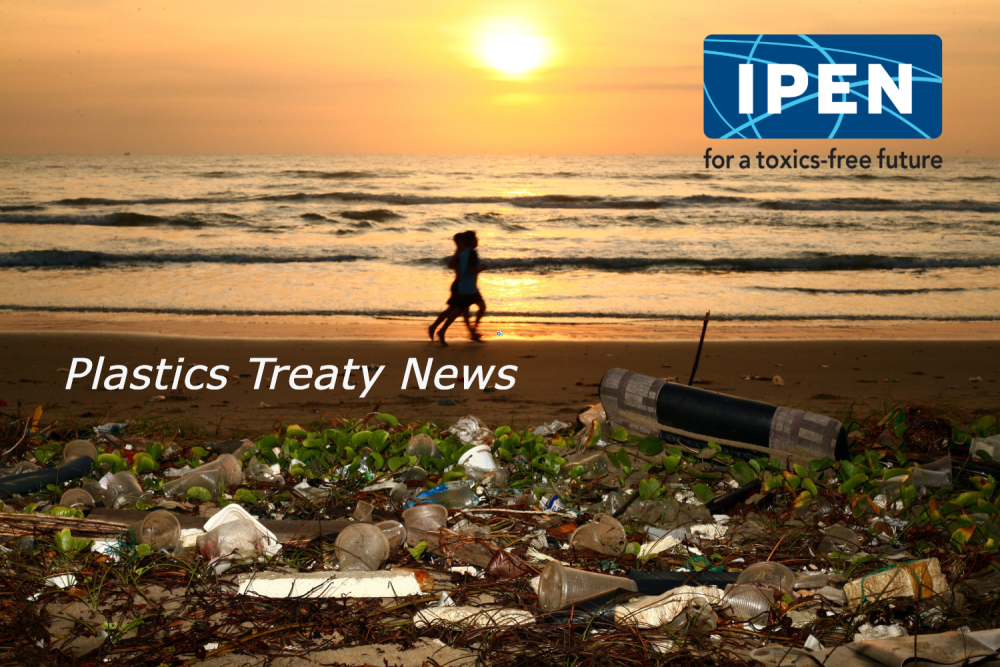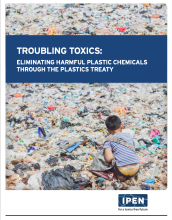You are here
Related to Policy Area
See StopPoisonPlastic.org - our website on toxic plastics
Plastics Treaty News Edition 2

Edition 2 - May 2023
See all of our work on toxic plastics at StopPoisonPlastic.org
In anticipation of the Plastics Treaty Second Intergovernmental Negotiating Committee (INC-2) in Paris 29 May to 2 June, IPEN is pleased to share this Plastics Treaty News update.
Resources for INC-2


